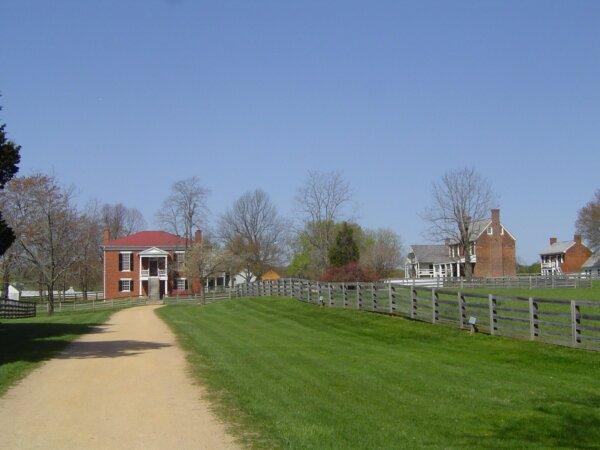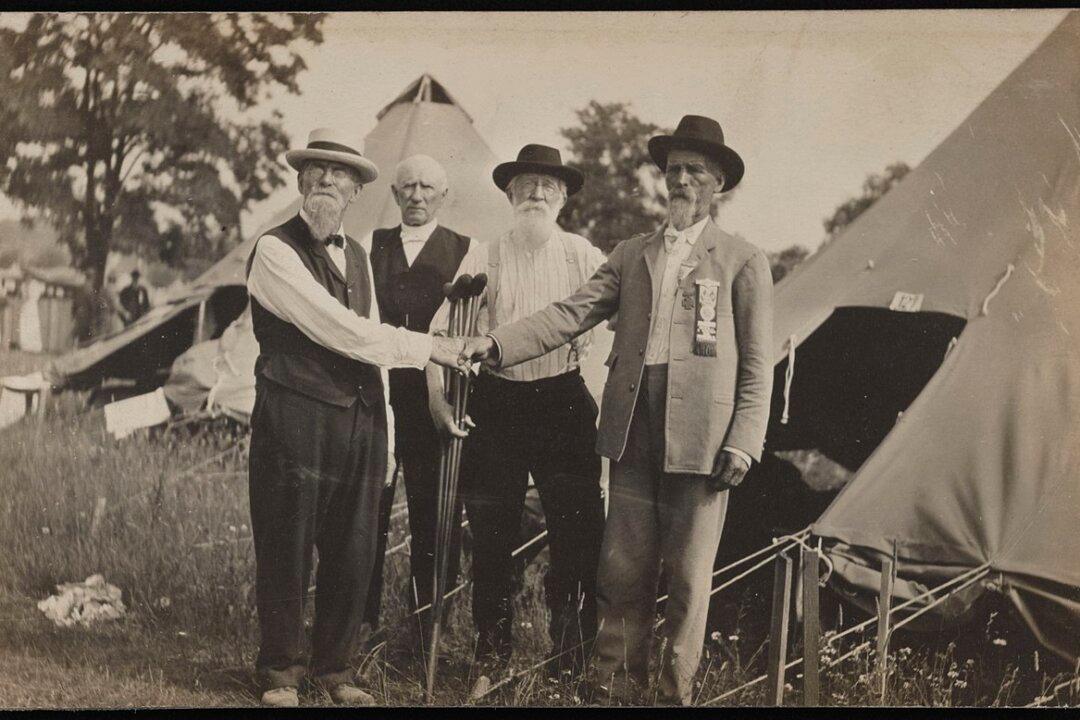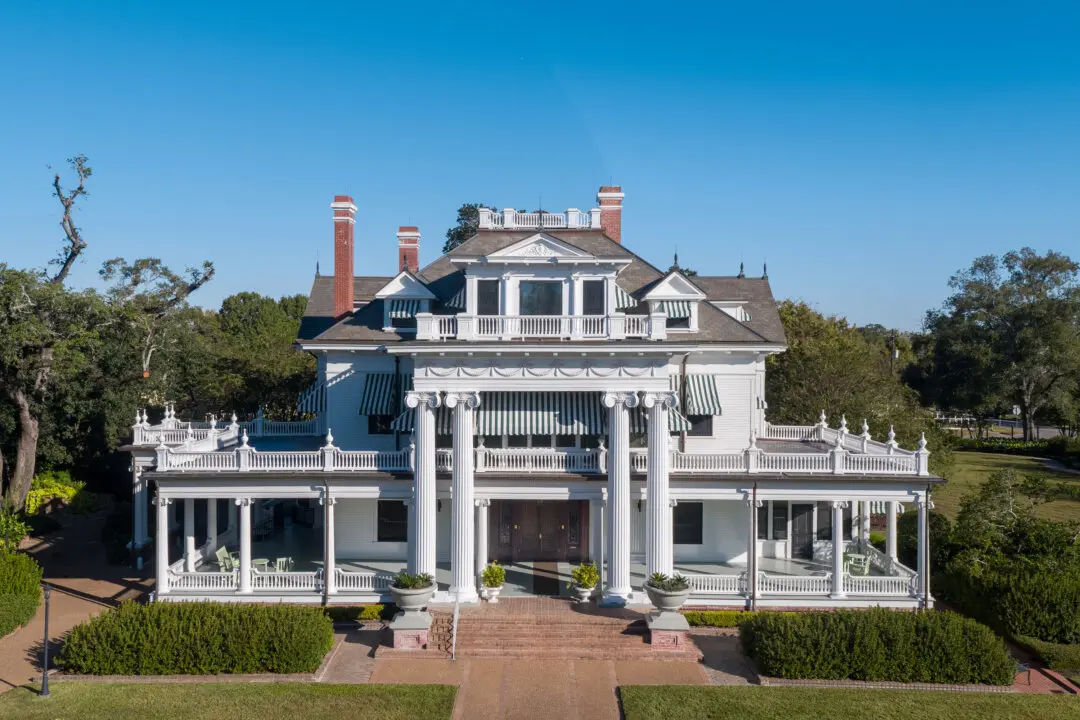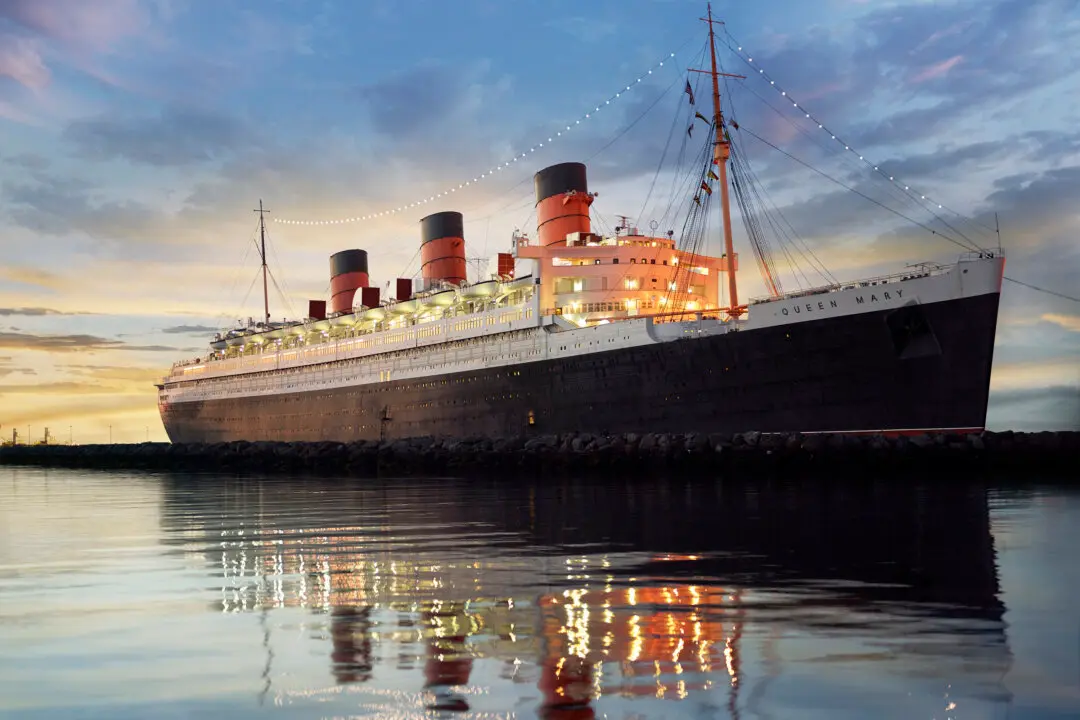Now a national historical park, the village of Appomattox Court House is less than two hours from Richmond, Virginia, and is still surrounded by fields and woods today. It appears as sleepy and sedate as it most likely did on one overcast afternoon in 1865. Two war-weary generals met in the parlor of the two-story, brick home owned by Wilmer McLean. Their meeting, as well as their exchanged and signed surrender-related letters, ended the civil war that had lasted four years and resulted in more than 600,000 Americans’ deaths.

A contemporary view of the Appomattox Court House Historical Park, the location of the Confederate surrender to Union forces in 1865. Public Domain





